It’s hard to make a living as an event photographer nowadays because well, everyone’s a photographer. You go on social media and it’s quite interesting, someone puts up a post saying they need someone in London for two hours, give us your prices, send us your portfolio, and they’ll get 70-80 responses from photographers saying they can do it for anywhere between £30 to £300. It’s the same with weddings, the bids can range from £250 to £2,500 for the whole day.
A lot of the time, you’re competing with people who are just starting out in the industry, who need to build up a portfolio, who do it for cheap just to get the experience. If I go out and I charge £300 for two hours and then someone else says to the same client, “Oh, I’ll do it for £150, I’ve got nothing on that afternoon,” the client’s probably going to go with the £150 quote. So how do you compete?
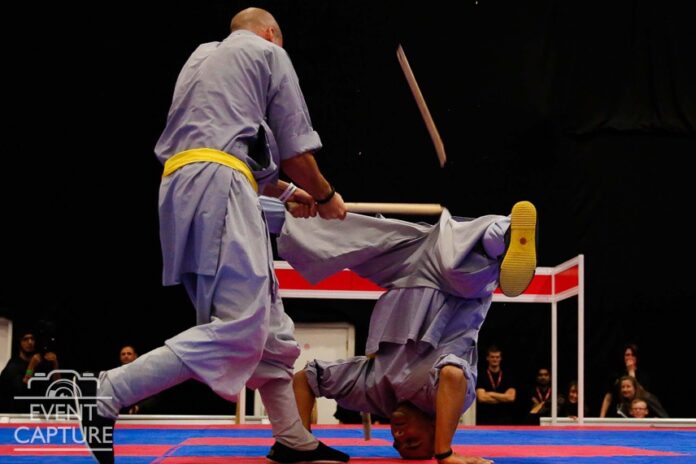
Fair enough, the client might want to automatically go for the lower bid, but then they may not get the quality of photography they expect. It comes down to what they’re prepared to accept, doesn’t it? Something’s only worth what you’re prepared to pay for it.
That’s the point new clients need to understand. There’s an old saying: “If you think it’s expensive to hire a professional to do the job, wait until you hire an amateur.”
How and What to Charge Event Photography Clients:
When you buy through links on our site, we may earn a commission at no cost to you. We evaluate products independently. Commissions do not affect our evaluations.
The Right Client / Photographer Fit and Building a Reputable Name for Yourself
I say to people, “What does it mean to you? How much do the photos matter?” It’s not about the money for me. It’s not about going out there and just getting any job.
I’ve had interviews with couples to do their weddings and I’ve said, “Look, to be honest, I don’t think I’m the right fit for you.” I said this to someone the other day. A woman wanted a photoshoot in Bluebells; she wanted the shoot to be very arty. I’m not that guy. But I said to her I know someone who is, so I recommended another photographer that shoots this type of thing all the time and they did the job and she’s over the moon.
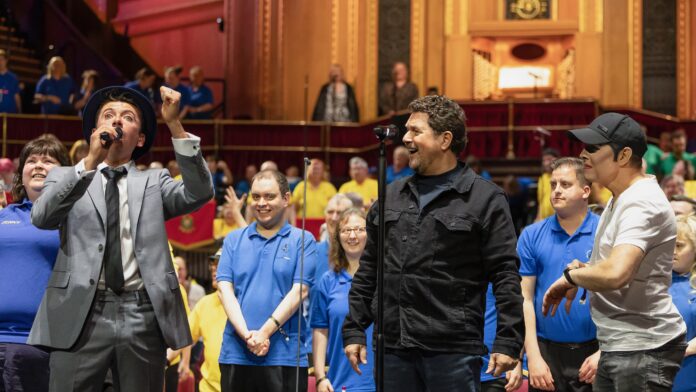
I don’t want to take someone’s money just for the sake of taking it. It comes down to my ethics. I wouldn’t like that done to me so I’m not going to do it to someone else. Unfortunately, and I’m not blowing my own trumpet here, but we’re very few and far between. There are lots of people out there who would just take your money and run. And that leaves a bad taste in people’s mouths. Yes, this is a business, it’s money, but you have to be professional and honest if you want to build any sort of name for yourself.
Should I Charge Hourly or a Set Rate?
Weddings are different because obviously there’s a lot more involved, but, in general for events, I just charge an hourly rate. And that goes for editing, too. If you’re sitting there and you’ve got two and a half thousand photos, and you’re charging the client £50, then you don’t want to do it. It’s picking and choosing what you want to do. You’ve got to make it worth your while.
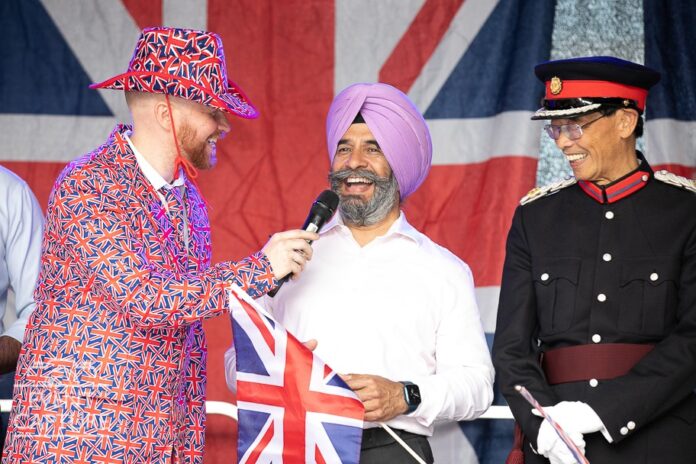
But the other thing you’ve got to be careful of, and I don’t want to go down that road and it’s a horrible word, but I don’t want to prostitute myself. I’ve worked in magazines for years, advertising, and people give away double-page spreads for free just to get a certain client in.
If I do a local party I charge £300 for the first two hours – that includes editing and my taxes and whatever else. Then I charge £130 per hour after that.
Tip: Always Charge a Booking Fee
One bit of advice I would give is to always take a booking fee. Don’t call it a booking deposit because as soon as you say deposit… well, deposits are refundable. A booking fee means they pay it and they don’t get a refund. They’re booking you. So if they can’t make it, you still get paid something. I charge a 50% booking fee.
When you get turned over a little bit, you sort of learn this. But, be careful because you don’t want to burn bridges, either.
I recently had a gig for a client who gives me a reasonable amount of work, but this time I couldn’t get hold of him a few days before the gig. I finally got through to them on a Thursday, the event was supposed to be for the next Monday, and when I asked them what was happening, they said, “Sorry mate, that gig is canceled.” Well, I’ve lost £560 for half a day. I didn’t charge them the 50% booking fee as I normally would because I thought I don’t want to annoy the client and say, “Well, I’m going to bill you to £280.” I would never have a job out of them again. In this case, I thought it would be smarter to take the loss and I know I’ll get more jobs from him in the future.
When to Use a Second Shooter
Sometimes, if it’s a big event, I have a second shooter. Unfortunately, the way things are these days in the UK, it’s incredibly expensive to do this, so most of the time I do the event by myself.
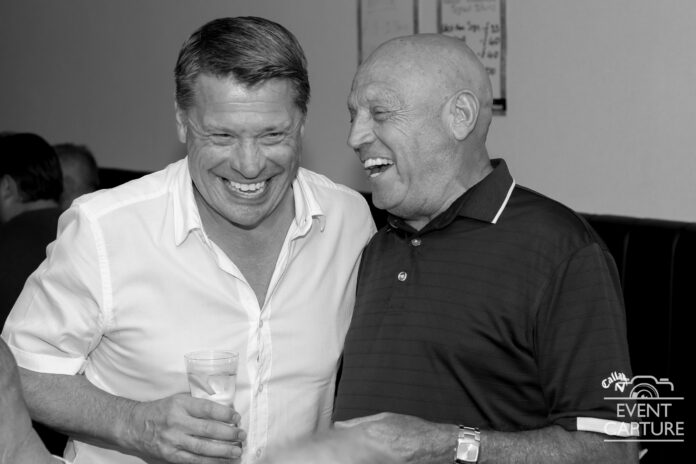
Here in the UK, it costs between £200 and £300 on average for a second shooter for a wedding, which is eight to 10 hours. The problem is people don’t want to pay to have a second shooter. Some do, some don’t.
I do a lot of corporate stuff up in the West End of London, which I can charge decent money for. As an example, I had a gig the other day, headshots for a well-known company, and I was there for a day and a half and I charged them just over £1000. I found out from the person who was my chaperone afterward that they had two other quotes, one was £5,000 and one was £2,000. So, you know, it’s about having the extra money if you want a second shooter.
When Am I Considered a Professional?
I think the saddest thing for me out of all of it is a lot of people don’t know what a decent photo is anymore. A photo has got to tell a story. It’s got to capture emotion. You’ve got to be able to get something from it, if it brings back a happy memory. It might not mean anything to anybody else but you.
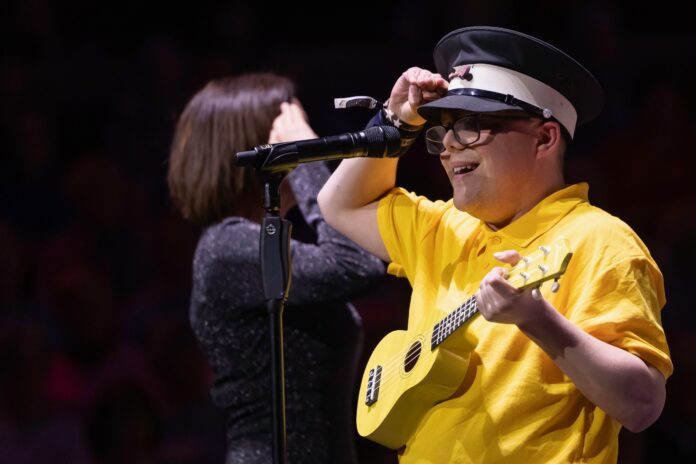
And that’s what you need to keep in mind for your clients. If you can deliver to them that photo – that one perfect photo that captures so much emotion and really means something to them – then you’re on the right track to becoming a successful event photographer!
Tip: Give Your Clients That Something Extra
There’s a company, Graphistudio, a high-end wedding album producer. They do albums and wall art and they’re just incredible. Back in the day, I was going to go into weddings big time so I did this all-day course and I had to watch these two videos – one was where the couple got their wedding video on a USB and the other was where a Graphistudio album turned up, leather-bound, Perspex, in a nice box. This is it, you know, this is a family heirloom.
Don’t get me wrong, doing an album like that is not cheap, and that example may be extreme, but you want to give your clients that something extra. That’s what’s going to make an impression. Going that extra mile is what’s going to keep them coming back and get them recommending you.
Event Photography: Making a Living and a Way of Life
Yes, making a living as an event photographer can be hard, but would I say go for it? A hundred billion percent. It’s a bit of a cliche, but if you can do something you love, then you will never work a day in your life.
